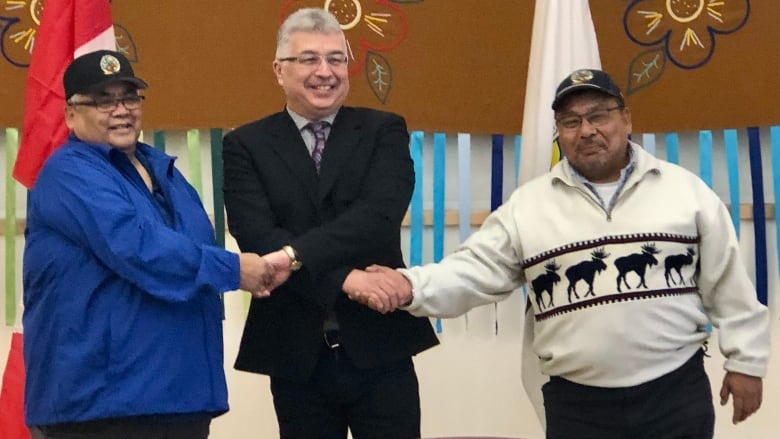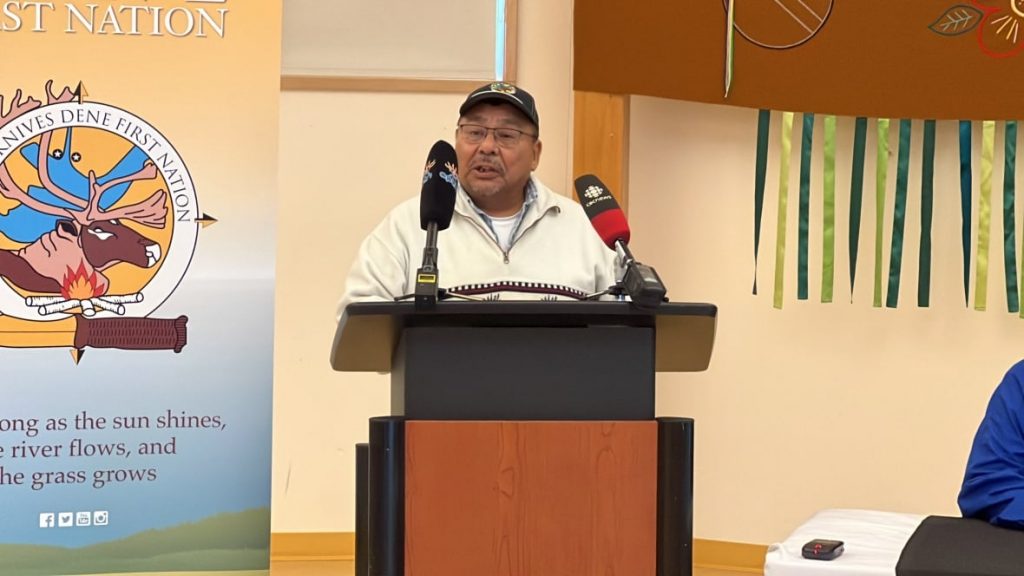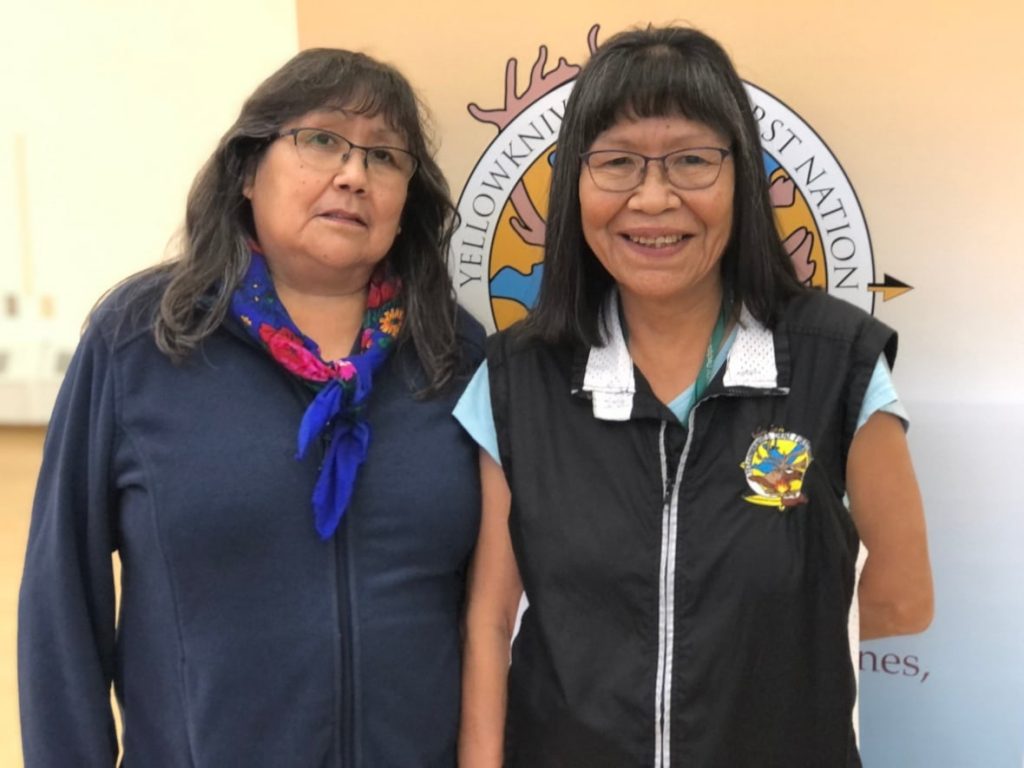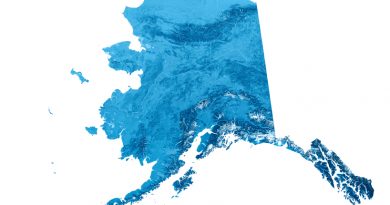‘Without language identity is lost’: feds invest $39.4 M into Indigenous language programs in the North

Language is fundamental to identity. That was the message of politicians at a press conference in Dettah, N.W.T. on Friday as the federal government announced $39.4 million in funding to support Indigenous language revitalization in the territories.
The biggest slice of the federal funding, $17.7 million, will go to Nunavut. The Yukon will receive $14.7 million and the Northwest Territories, $6.9 million.
Northwest Territories MP Michael McLeod said preserving and revitalizing language is important because for generations, Indigenous people have lived under systems designed to erode their cultures.
It’s something he said he knows about first-hand as a residential school survivor.
“Languages are fundamental to our identities, our culture, our spirituality,” he said.
The Native Communication Society of the N.W.T., the Tłı̨chǫ government, the Gwich’in Tribal Council, Dene Nation and several band offices will be among the funding recipients in the Northwest Territories.
The Inuvialuit Regional Corporation and the Yellowknives Dene First Nation (YKDFN) received the largest investments in the N.W.T. — almost a million dollars each.
Holding on by the thread
Ndilǫ Chief Fred Sangris said the funding would help ensure longevity of language among youth.
“Without language identity is lost — without language, communication between the young and the old could not happen,” he said.
Sangris said that First Nations across the country are losing their languages and that YKDFN still has some language speakers, but not many.
“We’re still holding on to our language,” he said, “at the very thread.”

Edward Sangris, chief of Dettah, said he anticipates the funds to be put toward Willideh language programming in the YKDFN community’s school.
“Our vision is to have schools talking in our language, all the way from kindergarten to graduation,” he said.
Jeannie Martin is a Willideh Yatie instructor at the language and culture history department in Dettah.
“I really love my language,” she said.

Martin said she wasn’t yet sure how the new funds will support her work but that it’s good news for the students.
“I just want to teach them, the ones that want to learn,” she said.
The federal government passed the Indigenous Languages Act in 2019. It’s a response to a call to action from the Truth and Reconciliation Commission that emphasizes the importance of preserving, revitalizing and strengthening Indigenous languages.
Since 2019 the federal government has invested more than $77 million — including Friday’s announcement of $39.5 million — to support Indigenous languages in the North.
Related stories from around the North:
Canada: Mark Indigenous languages decade by making Inuktitut official in Canada: Inuit UN rep, Canadian Press
Finland: Sámi classes breathe new life into Finland’s rarest languages, Eye on the Arctic
Greenland: Danish PM apologizes to Greenlanders taken to Denmark as children in 1950s, Eye on the Arctic
Norway: Indigenous and minority language names for Norway now have official status, The Independent Barents Observer
Sweden: Two new Sami languages added to Swedish children’s book app, Eye on the Arctic
United States: Preserving Indigenous languages in Alaska, one grocery store at a time, Alaska Dispatch News



